Research Work Plan Samples
-
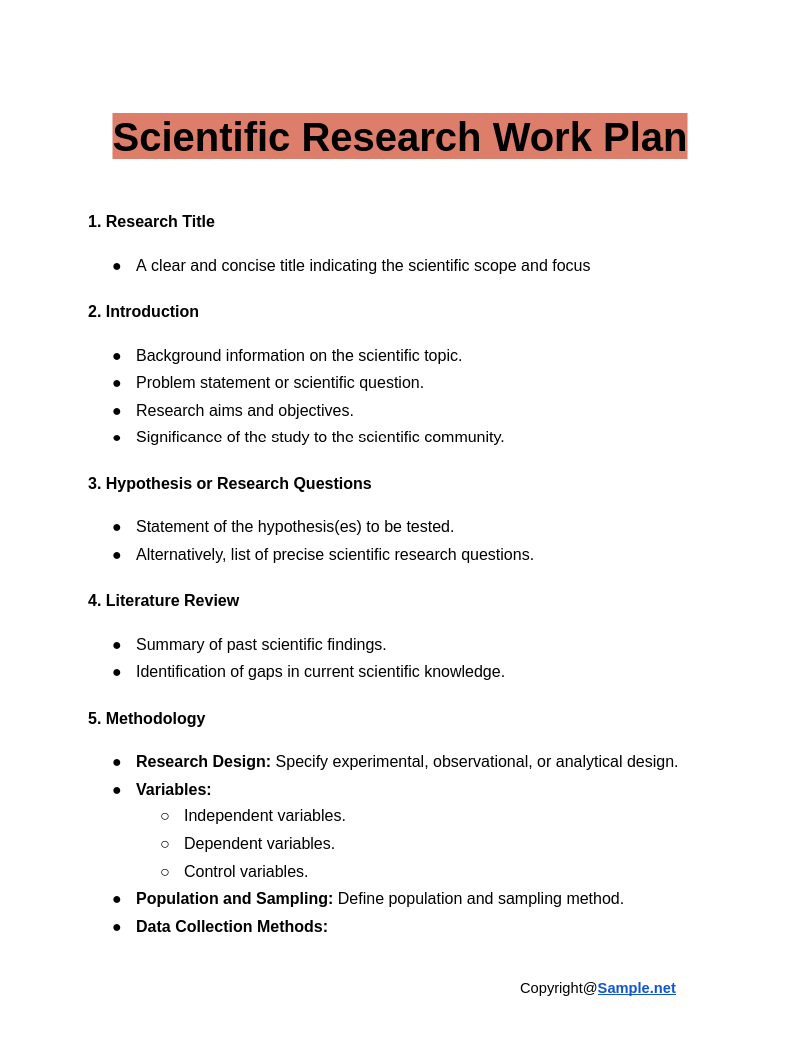
Scientific Research Work Plan
download now -
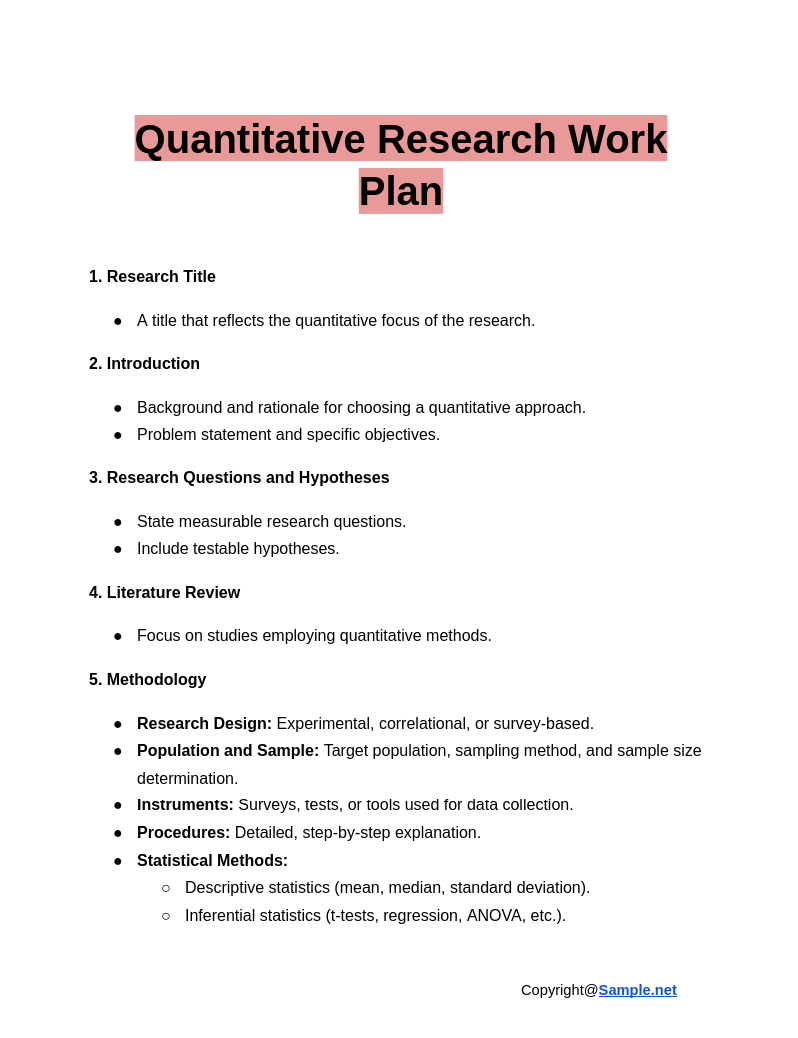
Quantitative Research Work Plan
download now -
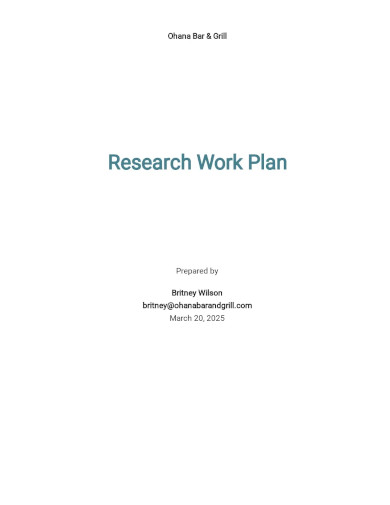
Free Research Work Plan Template
download now -
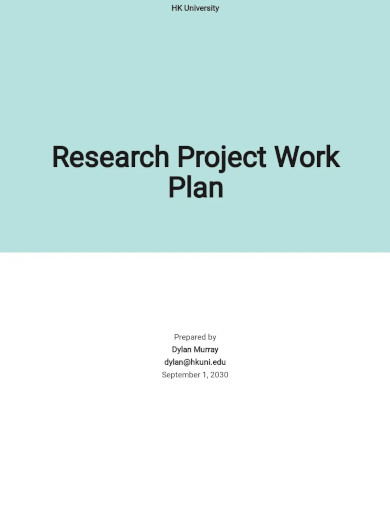
Research Project Work Plan Template
download now -
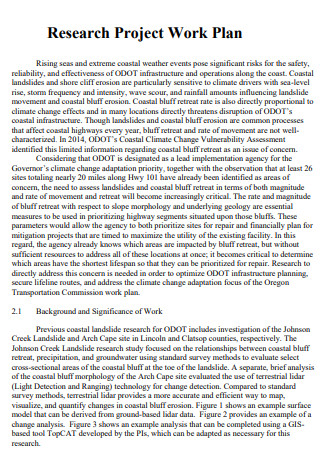
Research Project Work Plan
download now -
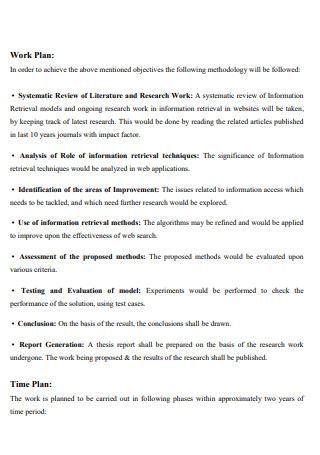
Research Work Plan
download now -
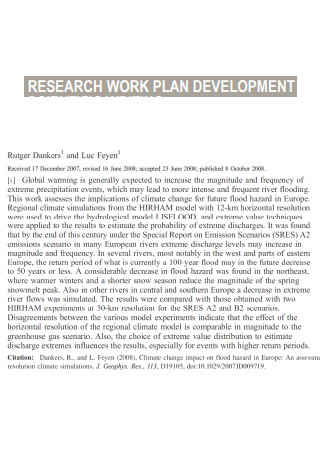
Research Work Plan Development
download now -
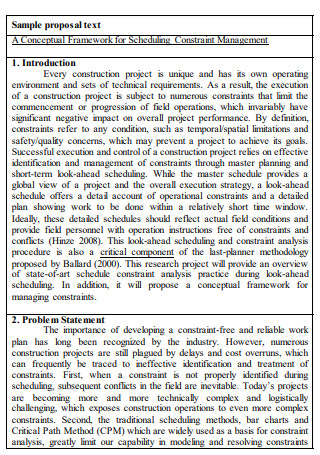
Sample Research Work Plan
download now -
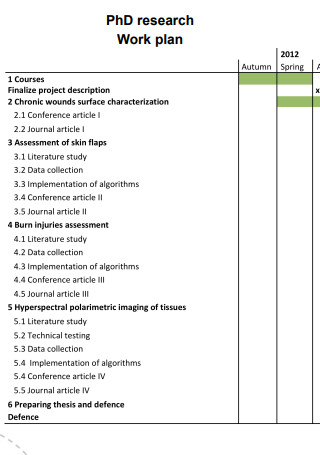
PhD Research Work Plan
download now -
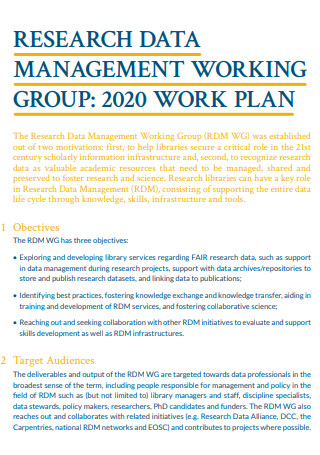
Research Data Management Work Plan
download now -
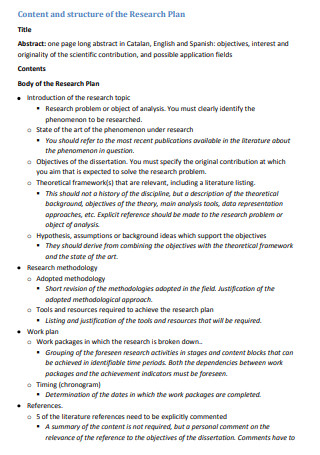
Structure of Research Work Plan
download now -
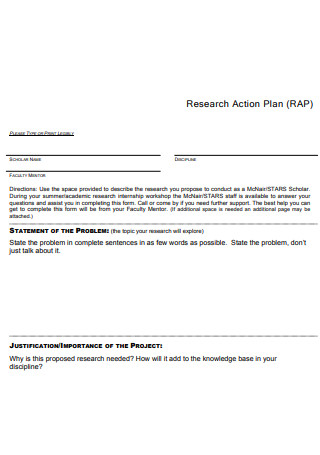
Research Work Action Plan
download now -
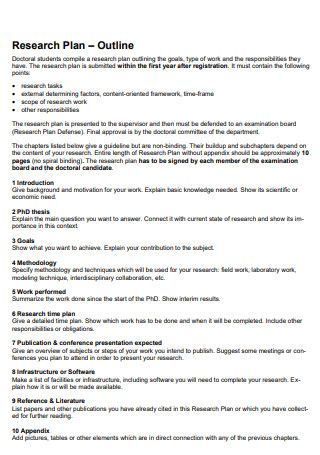
Research Work Plan Outline
download now -
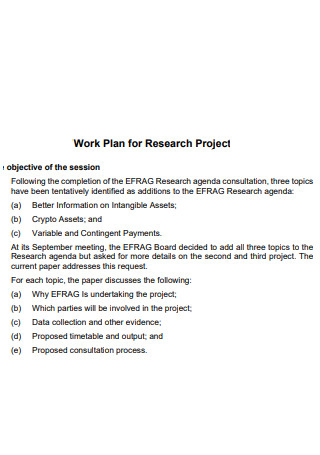
Work Plan for Research Project
download now -
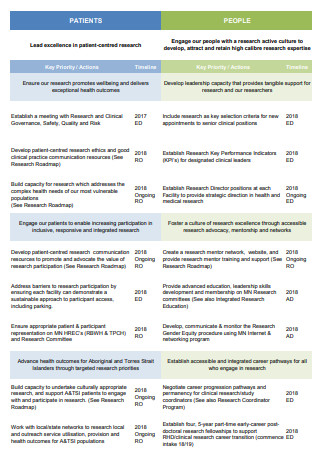
Transport Research Work Plan
download now -
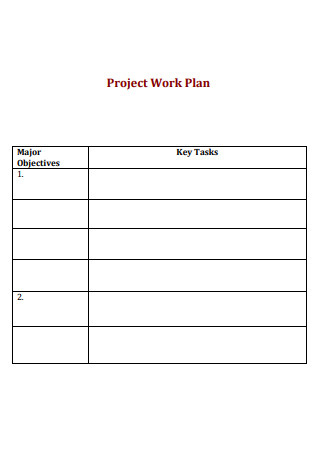
Monthly Project Research Work Plan
download now -
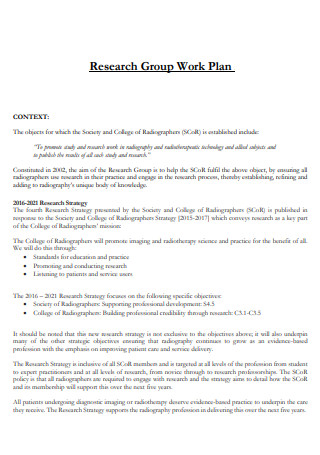
Research Work Group Plan
download now -
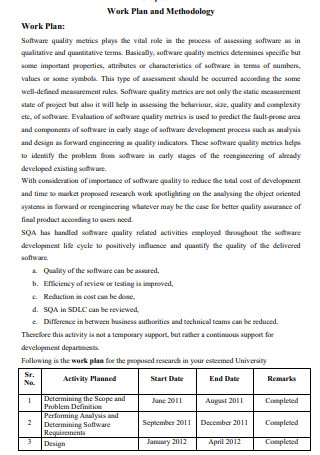
Research Work Plan and Methodology
download now -
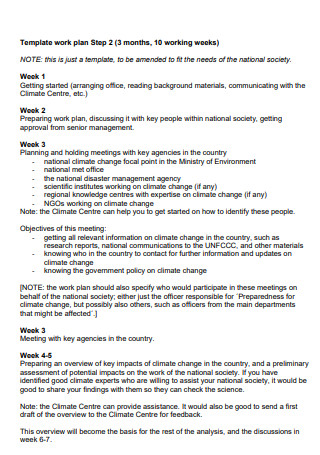
Half Yearly Research Work Plan
download now -
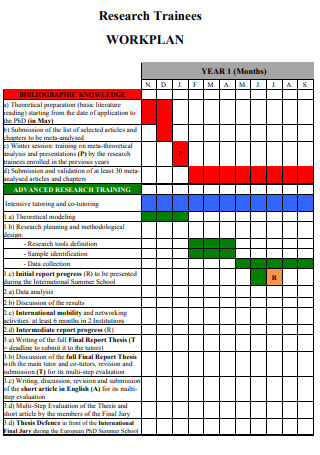
Research Trainee Work Plan
download now -
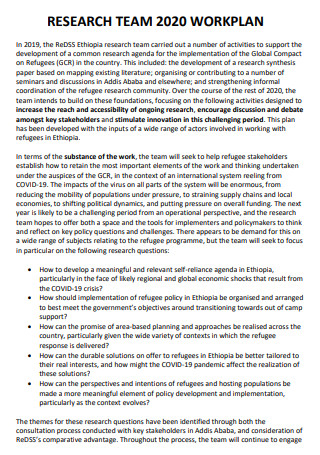
Research Team Work Plan
download now -
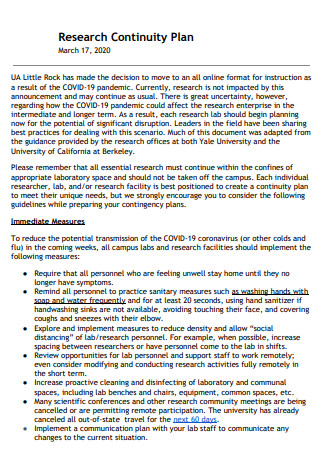
Research Work Continuity Plan
download now -
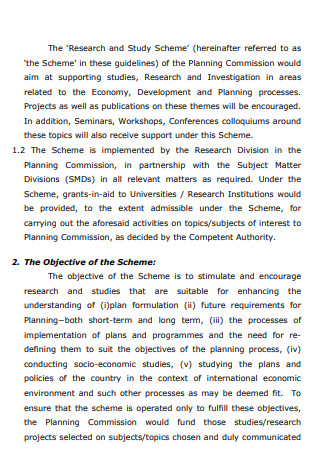
Simple Research Work Plan
download now -
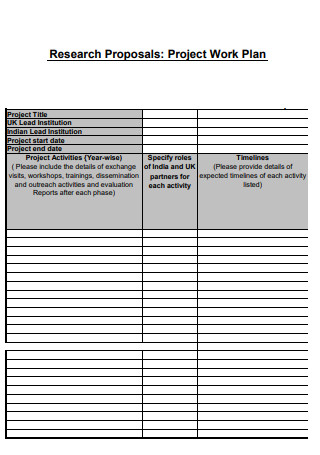
Research Work Plan Project Proposal
download now -
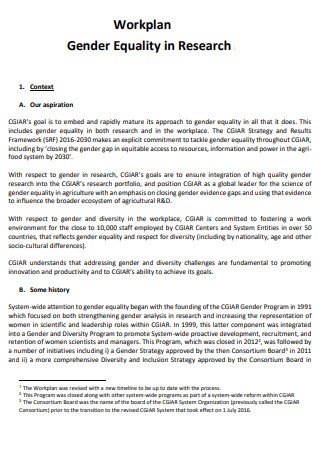
Gender Equality in Research Work Plan
download now -
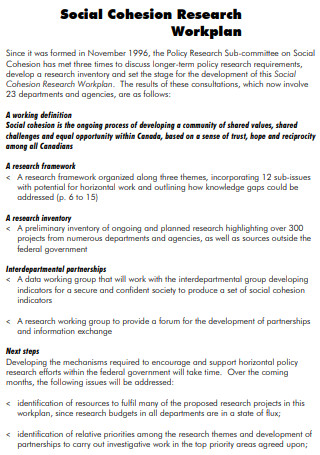
Social Cohesion Research Work Plan
download now -
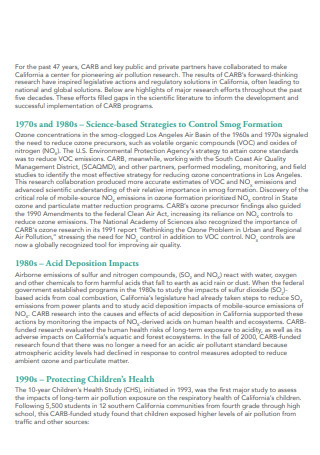
Strategic Research Work Plan
download now -
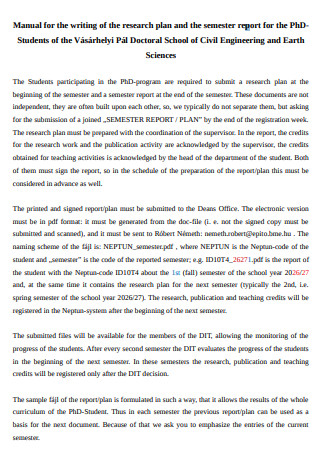
Formal Research Work Plan
download now -
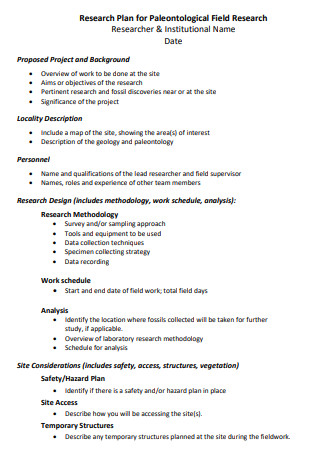
Field Research Work Plan
download now -
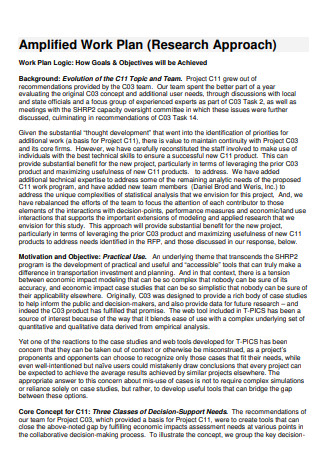
Research Amplified Work Plan
download now -
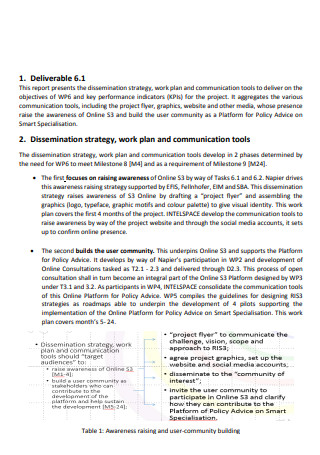
Basic Research Work Plan
download now -
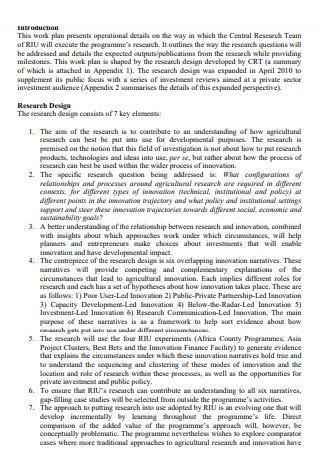
Central Research Team Work Plan
download now -
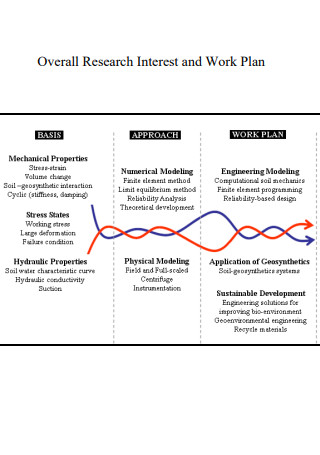
Research Interest and Work Plan
download now -
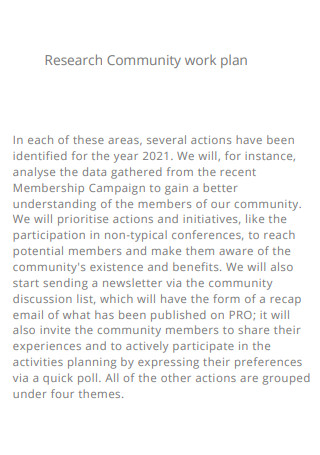
Research Community Work Plan
download now -
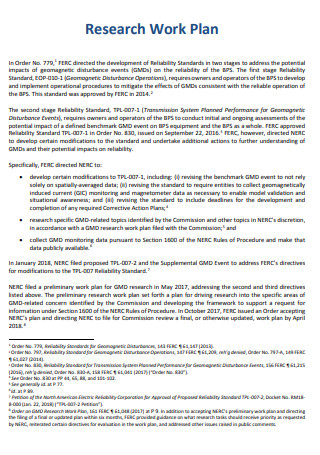
General Research Work Plan
download now -
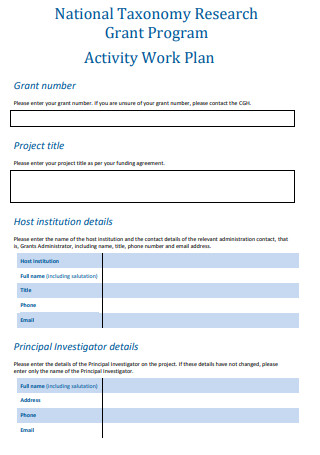
Research Activity Work Plan
download now -
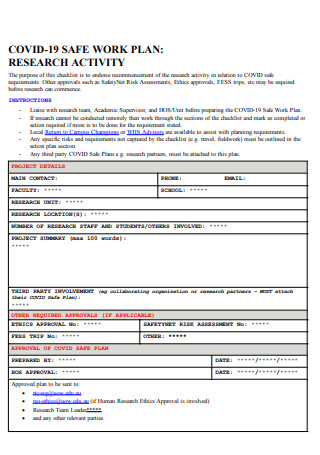
Research Safe Work Plan
download now -
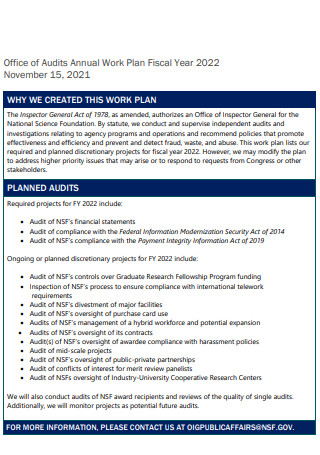
Research Annual Work Plan
download now -
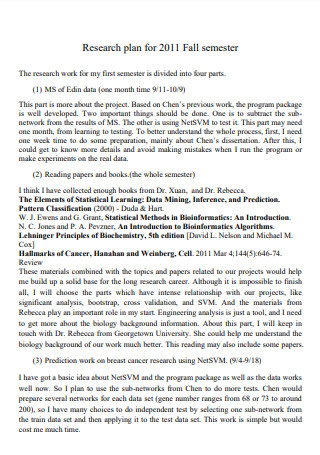
Research Work Plan Template
download now -
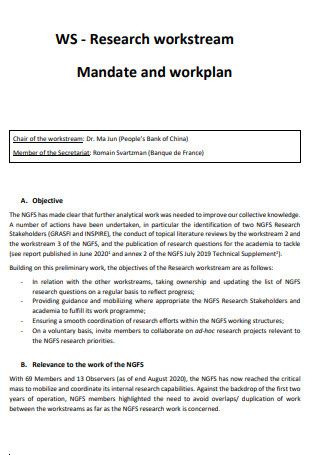
Research Mandate Work Plan
download now -
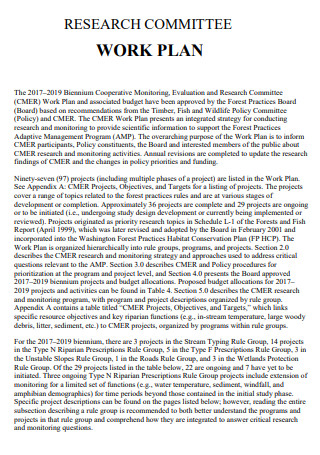
Research Commitee Work Plan
download now -
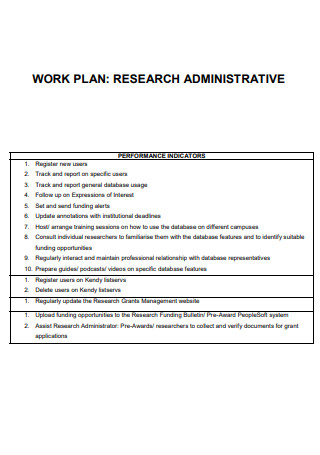
Research Administrative Work Plan
download now -
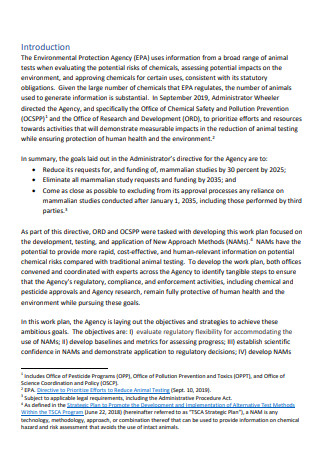
Research And Development Work Plan
download now -
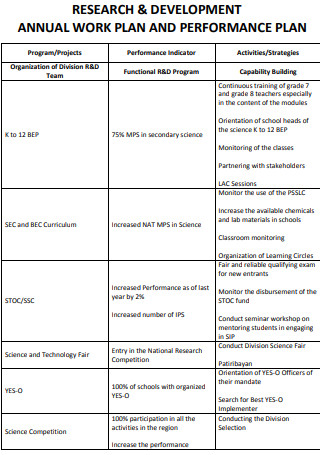
Research Work And Performance Plan
download now -
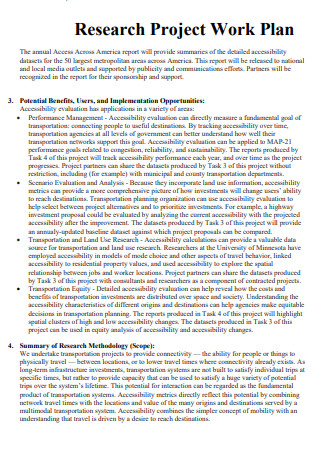
Research Project Work Plan Example
download now
FREE Research Work Plan s to Download
Research Work Plan Format
Research Work Plan Samples
What is a Research Work Plan?
Basic Components of a Research Work Plan
How to Write a Research Work Plan
FAQs
What are the major components of a research work plan?
What are the advantages of a research work plan?
What are some examples of research work plans?
How to manage and monitor a research work plan?
How do you choose the right methodology for a Research Work Plan?
What challenges might arise when creating a Research Work Plan?
How do you evaluate the effectiveness of a Research Work Plan?
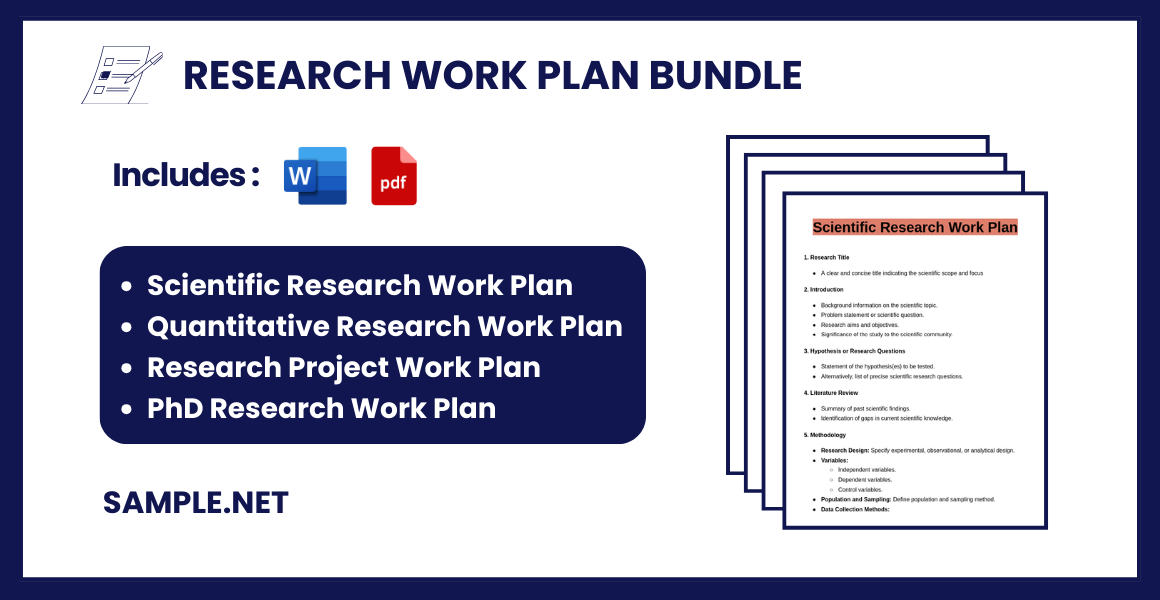
Download Research Work Plan Bundle
Research Work Plan Format
1. Title of the Research
- A concise and descriptive title that reflects the focus of the research.
2. Introduction
- Brief background of the research topic.
- Statement of the problem.
- Objectives of the study (general and specific).
- Significance of the study.
3. Research Questions or Hypotheses
- Clearly stated research questions or hypotheses that the study aims to address.
4. Literature Review
- Summary of relevant studies and their findings.
- Identification of research gaps.
5. Methodology
- Research Design: Type of research (qualitative, quantitative, mixed-methods).
- Population and Sampling: Description of the target population and sampling method.
- Data Collection Methods: Tools and techniques (e.g., surveys, interviews, experiments).
- Data Analysis Plan: Techniques and software to be used for analysis.
6. Work Schedule/Timeline
- A detailed timeline with specific milestones and deadlines (e.g., Gantt chart or table).
- Example:
| Task | Timeline (Start-End) |
|---|---|
| Literature Review | Jan 1 – Feb 15 |
| Data Collection | Feb 16 – Mar 30 |
| Data Analysis | Apr 1 – Apr 30 |
| Report Writing | May 1 – May 31 |
7. Resources Required
- Human Resources: Team members and their roles.
- Financial Resources: Estimated budget for research activities.
- Material Resources: Equipment, software, and other tools.
8. Ethical Considerations
- Outline ethical concerns, such as informed consent, confidentiality, and data protection.
9. Expected Outcomes
- Description of the anticipated results and their implications.
10. References
- List of all references cited in the work plan, formatted according to a specific citation style (e.g., APA, MLA).
11. Appendices (if applicable)
- Include supplementary materials such as questionnaires, interview guides, or additional charts.
What is a Research Work Plan?
A Research Work Plan is a detailed framework that guides the execution of a research project from conception to completion. It includes setting objectives, defining methodologies, assigning responsibilities, and establishing deadlines. This plan ensures clarity, accountability, and alignment among all stakeholders involved in the research. Whether for individual or collaborative projects, a work plan is essential for managing resources and achieving desired outcomes efficiently. You can also see more on Work Plan.
Basic Components of a Research Work Plan
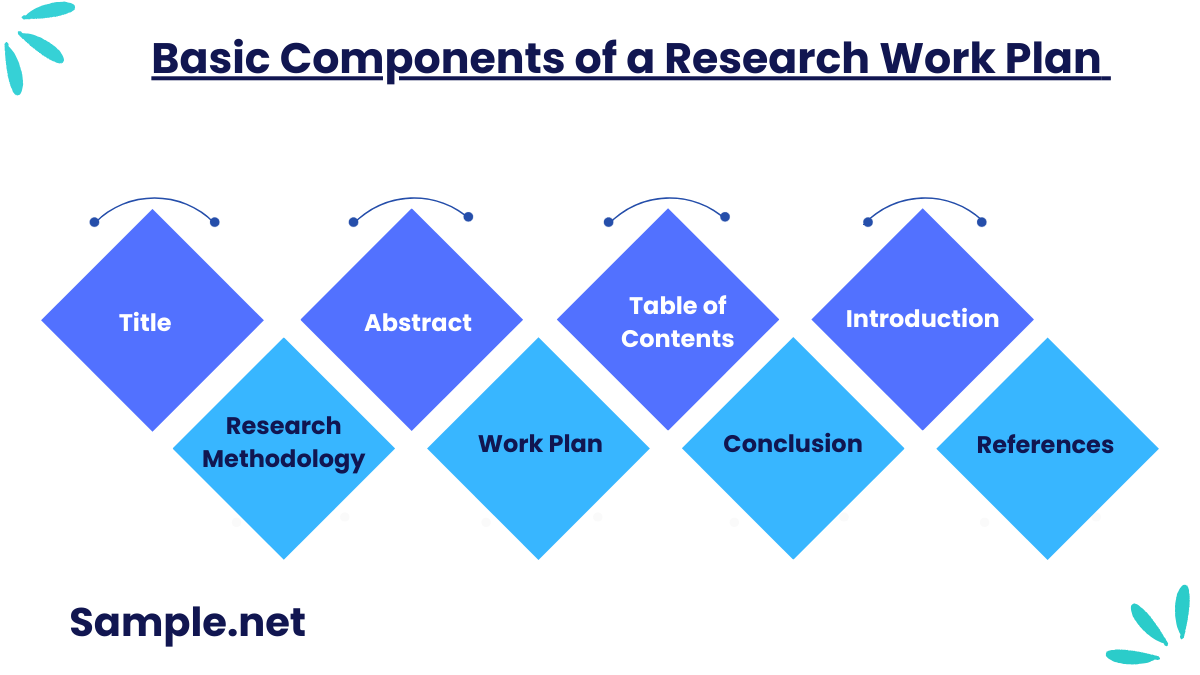
In this section, you will learn how to construct a well-written and systematic research work plan. But you need to learn about the different kinds of components of a research work plan. Include the following elements for you to create a professional piece of writing:
How to Write a Research Work Plan
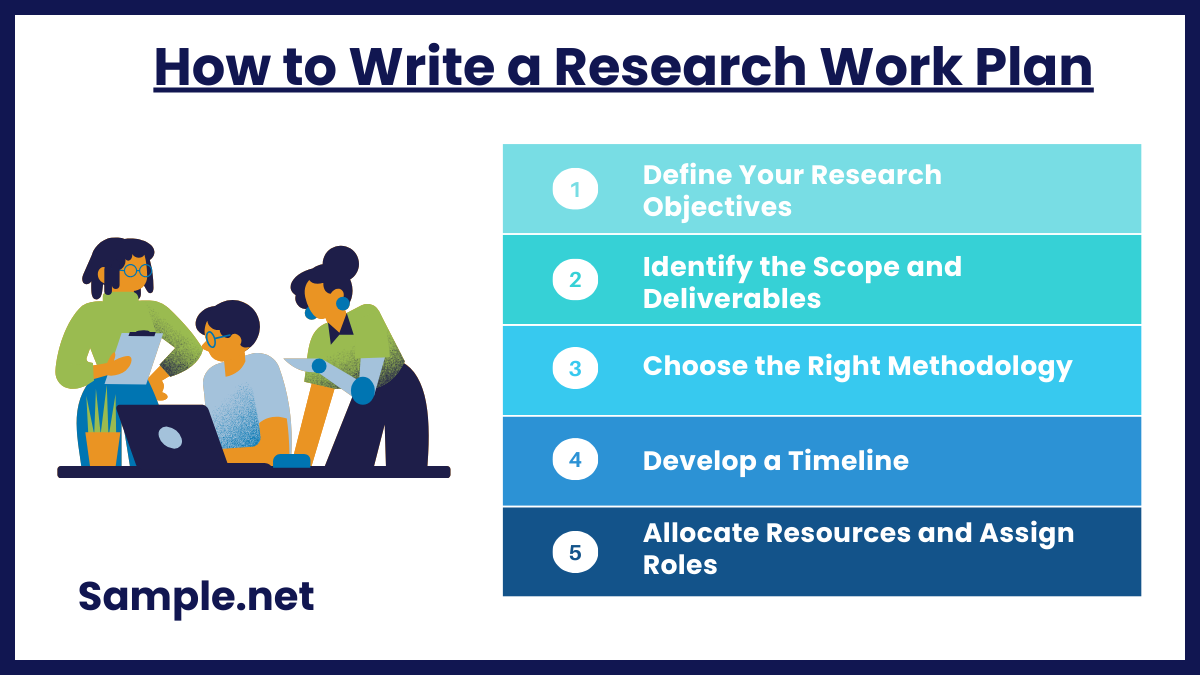
Step 1: Define Your Research Objectives
Start by identifying the purpose and goals of your research. Clearly state the key questions your research aims to answer. Explain why the research is important and how it will contribute to the field. Ensure your objectives are specific, measurable, and realistic. This clarity helps set the foundation for the rest of the work plan.
Step 2: Identify the Scope and Deliverables
Determine the scope of your research by defining what areas or topics will be included. Outline any limitations to avoid scope creep during the project. Specify the deliverables expected, such as reports, presentations, or data analysis. This helps in managing expectations and maintaining focus. A clear scope ensures efficient use of time and resources.
Step 3: Choose the Right Methodology
Decide which research methods are most appropriate to achieve your objectives. For example, choose qualitative methods for in-depth understanding or quantitative for statistical analysis. Mention specific tools, such as surveys, experiments, or software, you’ll use. Ensure the methodology aligns with your resources and timeline. This step ensures the research is systematic and reliable.
Step 4: Develop a Timeline
Break your research project into smaller tasks or phases. Assign deadlines for each phase, considering the complexity of the tasks involved. Use tools like Gantt charts to visualize the timeline for better tracking. Set aside buffer time for unexpected delays or challenges. A well-defined timeline keeps the project on track and helps prioritize tasks.
Step 5: Allocate Resources and Assign Roles
List the resources you need, such as funding, tools, or personnel, to complete the research. Assign specific roles and responsibilities to team members, if applicable. Ensure everyone involved knows their tasks and deadlines. This step promotes accountability and ensures efficient resource utilization. Proper allocation avoids bottlenecks and ensures smoother execution of the plan. You can also see more on Monthly Action Plan.
FAQs
What are the major components of a research work plan?
The key components that should be included in a research work plan are title, abstract, table of contents, introduction of research topic, research methodology, work plan, conclusion, citation and references, and presentation and publication of research findings.
What are the advantages of a research work plan?
The advantages of a research work plan is to provide clarity and focus in reaching definite research goals and strategic planning objectives, to facilitate critical thinking, logical analysis, and in-depth reflection, to set ownership and accountability, and to determine measures of success in a specific research work.
What are some examples of research work plans?
Some examples of research work plans are research project work plan, PhD research work plan, research data management work plan, research work action plan, transport research work plan, monthly project research work plan, research work group plan, half yearly research work plan, research trainee work plan, research team work plan, research work continuity plan, social cohesion research work plan, strategic research work plan, field research work plan, research community work plan, research safe work plan, and more.
How to manage and monitor a research work plan?
When managing and monitoring a research work plan, clearly identify the research goals and objectives, analyze indicators, data collection methods, and timeline, and look for the right roles and responsibilities of key individuals in your research and development team. You can also see more on Work Plan Strategy.
How do you choose the right methodology for a Research Work Plan?
Selecting a methodology depends on your research objectives, the nature of the problem, and the type of data required. For example, surveys suit quantitative studies, while interviews are ideal for qualitative research.
What challenges might arise when creating a Research Work Plan?
Common challenges include unclear objectives, inadequate resources, unrealistic timelines, and lack of stakeholder alignment. Addressing these early ensures a smoother process.
How do you evaluate the effectiveness of a Research Work Plan?
Effectiveness is measured by the project’s ability to meet its objectives on time and within budget. Regular reviews and feedback loops help maintain its relevance and accuracy. You can also see more on Team Plan.
